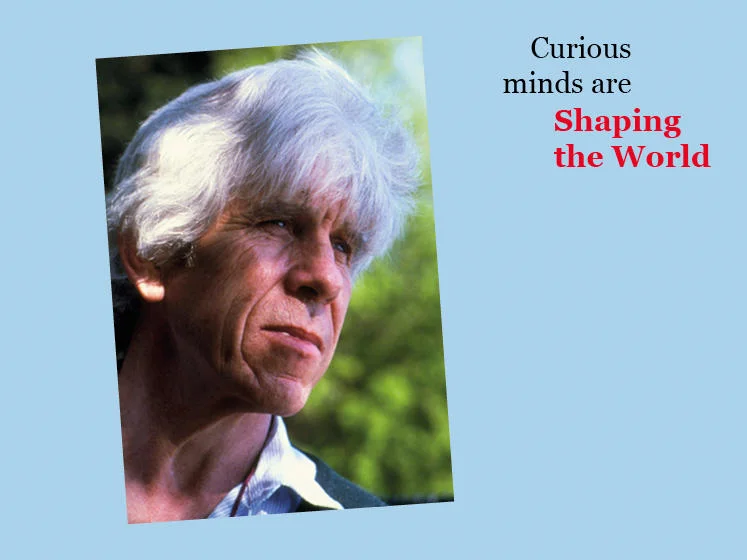W.D. Hamilton FRS
PhD 1963

Darwinian theorist William Donald Hamilton (1936-2000) was a leading evolutionary biologist best known for his examination of how natural selection acts on social behaviour.
During his studies at LSE he developed an equation known as ‘Hamilton’s Rule’. This mathematical formula underlies the theory of inclusive fitness which examines the evolution of altruistic behaviour.
He produced other extremely influential theories in evolutionary biology, such as the evolution of sex ratios and meiotic drive, insect sociality, group formation by unrelated individuals, senescence and dispersal.
He achieved various accolades during his lifetime including election to the Royal Society, the Darwin Medal, the Kyoto Prize and the Crafoord Prize. The Kyoto Prize panel noted: "His extremely cogent ideas had a revolutionary influence on the whole field of biological sciences".
His curiosity led him to the Congo to examine an underexplored theory that HIV came to prevalence due to poorly conducted vaccination trials in Africa in the 1950s. Whilst there he contracted malaria and passed away after returning to London in March 2000. In his obituary, Alan Grafen of The Guardian wrote: "He lived for ideas, was especially partial to unpopular ideas, and thought little of his own safety. His focus of interest was always genes, and it was genes he went to collect."